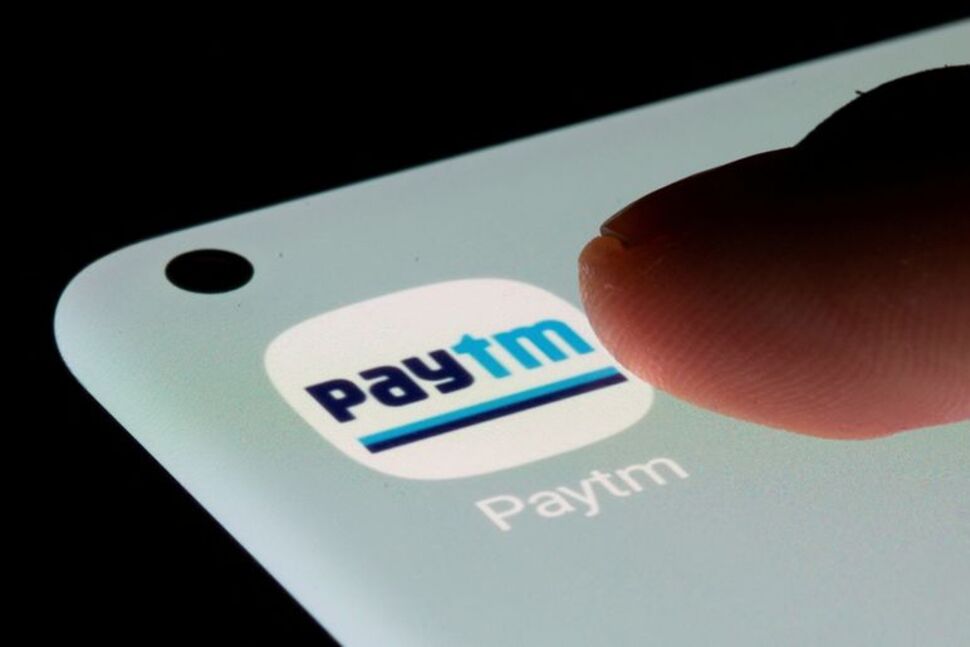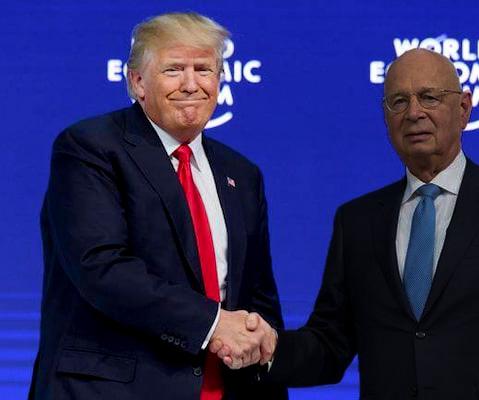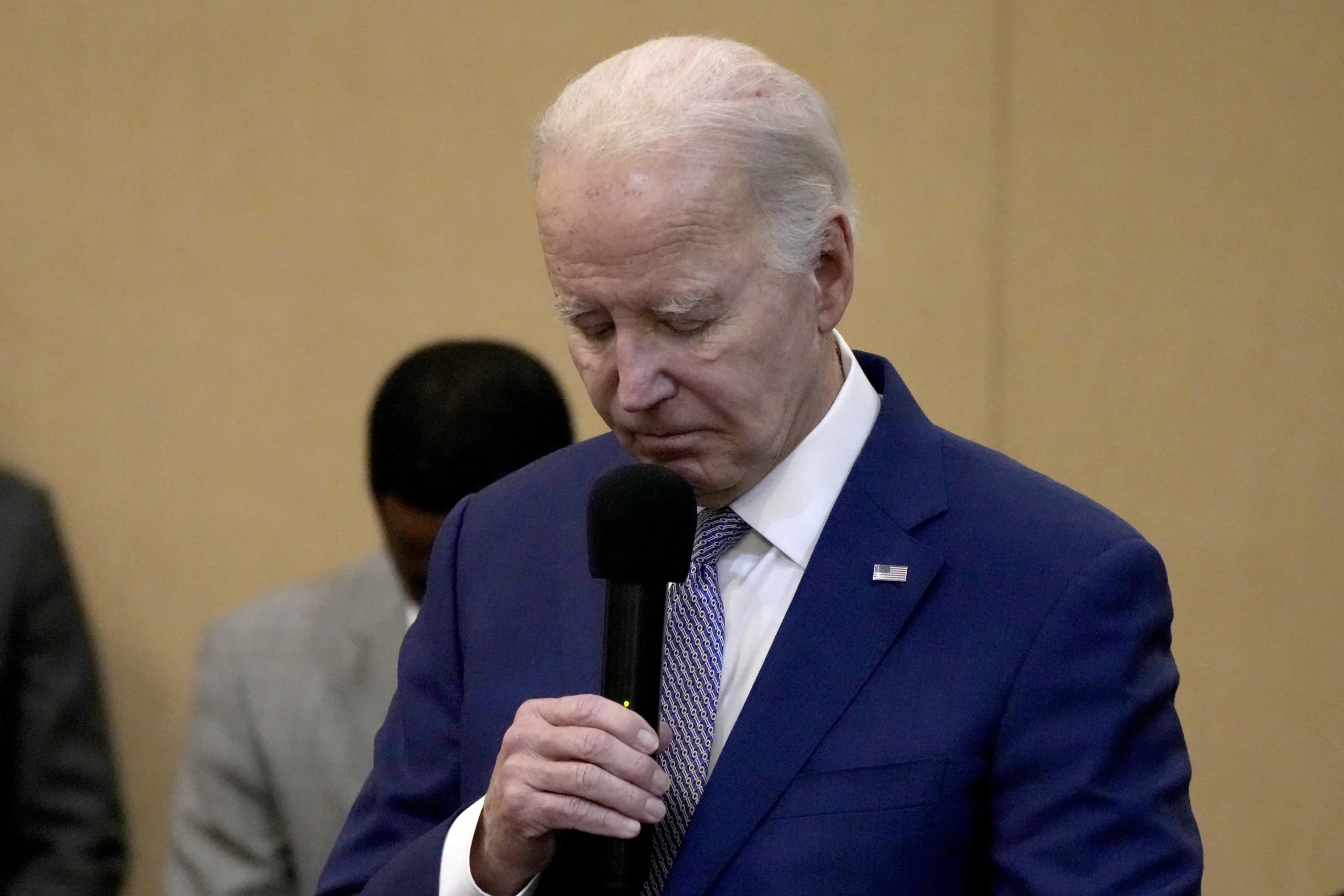The Reserve Bank of India (RBI) has directed Paytm’s payments bank subsidiary to cease accepting fresh deposits from March, signaling a substantial setback for one of India’s major payment firms. Paytm’s shares saw a sharp decline of 20% following this move, sparking concerns about potential license cancellation, according to a reliable source.
Here are responses to critical questions regarding Paytm and its payments bank:
1. What is Paytm Payments Bank, and what are its functions?
Paytm Payments Bank, established in 2015, is a specialized banking entity that began operations in November 2017. It falls under the category of payment banks, permitted to accept small deposits of up to 200,000 Indian rupees ($2,400) without the authority to lend. Deposits must be invested in government securities or parked in other banks.
2. Who owns Paytm Payments Bank, and how is it linked to Paytm?
Paytm Payments Bank is 49% owned by Paytm (One 97 Communications), with the remaining 51% held by Paytm’s Chief Executive and founder, Vijay Shekhar Sharma. The payments bank acts as a crucial banking partner for Paytm, managing funds deposited in Paytm’s digital wallets.
3. What action did the RBI take, and what led to this decision?
The RBI announced that Paytm Payments Bank is prohibited from taking deposits, offering credit services, or facilitating fund transfers after Feb. 29. This move, attributed to “persistent non-compliance and continued material supervisory concerns,” follows the bank’s restrictions on customer additions in March 2022 due to similar concerns.
4. How will Paytm respond to the RBI’s directives?
Paytm has committed to promptly aligning with the RBI’s instructions. The company will cease collaboration with Paytm Payments Bank and exclusively work with other banks. It anticipates a potential adverse impact on its annual earnings before interest, tax, depreciation, and amortization (EBITDA) ranging from 3 billion rupees ($36 million) to 5 billion rupees.
5. What is the potential impact on Paytm’s business?
While Paytm’s business impact may stem from concerns about governance or compliance, Jefferies suggests that resolution lies in better adherence to regulations. The RBI’s intervention marks the conclusion of Paytm Payments Bank’s operations, presenting a negative development compounded by existing regulatory challenges.
6. Can Paytm Payments Bank manage outflows efficiently?
Given that the bank’s deposits are invested in government bonds and deposits at other banks, liquidity is expected to be readily available. The bank may not necessitate a special liquidity line from the central bank, according to a source familiar with the matter.










































